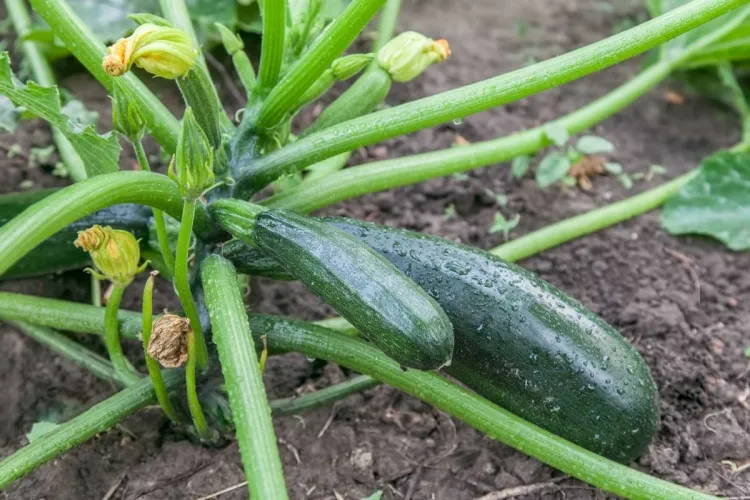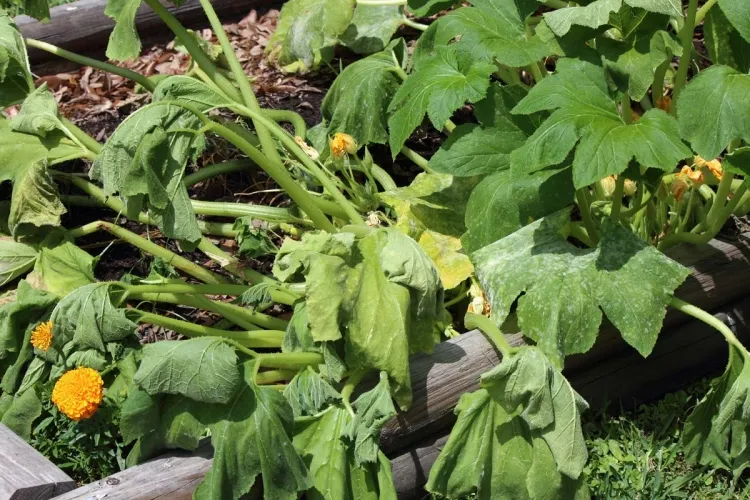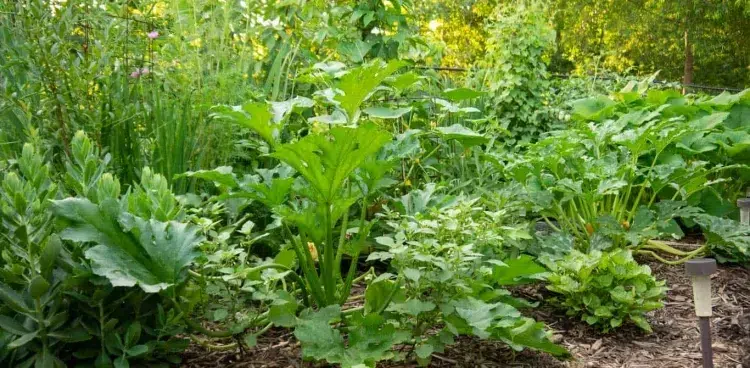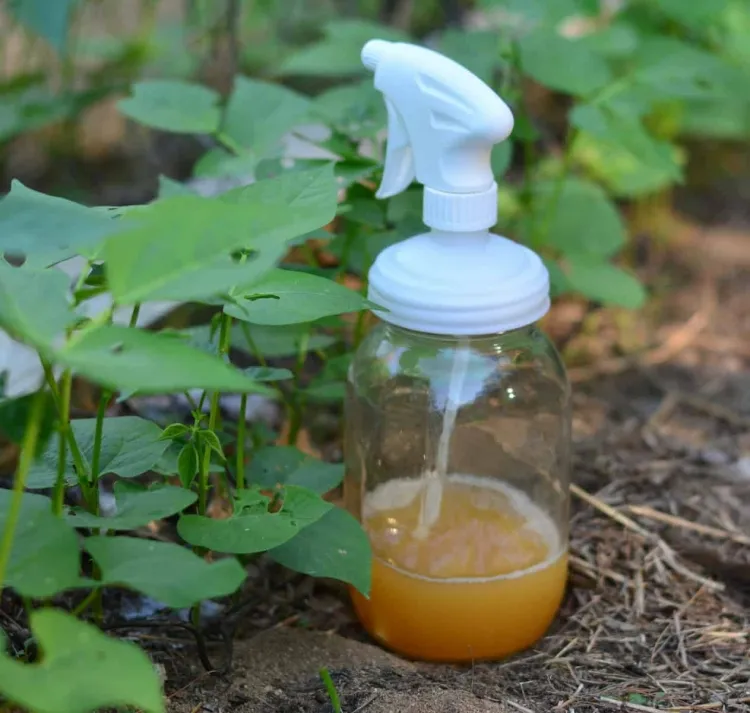I never had a problem with my zucchini until last year when they weren’t pollinated and the harvest was poor. I don’t want a repeat this summer either and am taking action. Expecting rot or drought, I educated myself on potential diseases. What causes them and how to fight them, you will find out in the article below. Discover which natural insecticide for zucchini to prepare to keep the plants prolific.
Why Use a Natural Insecticide for Zucchini?
Growing zucchini, because your family’s summer menu “bursting” with them, is a must. Like the quick and easy gratin recipes we love, or the Italian-style focaccia with grated zucchini, which comes in many variations, or the delicious zucchini quiche. Even though they are not too vulnerable, in a vegetable garden where they coexist with other plants, zucchini can be attacked by all kinds of pests. That’s why it’s important to know what to plant and what not to plant alongside them. Recent weather conditions do not promise anything good, and insect calamities can be expected. So it’s a good idea to be prepared beforehand. What natural insecticide for zucchini to prepare so that the plants are prolific? Are you ready to play detective and deal with problems at the right time? Starting from a small discoloration of the leaves and arriving at a completely dead plant.
Whatever is affecting your plant, the first step is to be able to notice in good time that something is wrong. That’s why you should regularly visit your garden and examine your plants.
What Should You Look Out for in Zucchinis?
It is possible that leaves are curling or warping, fruit may be mottled or misshapen, parts of the plant may be wilting. A common phenomenon is when leaves become covered with yellow or brown spots and eventually fall off. Occasionally, fruits grow normally and then, after a certain size, become deformed, whitish and wrinkled.
Let’s find the problems one by one! If you notice leaves curling and deforming without any visible cause, carefully examine their backs.
What you see at first glance are ants. If you see ants, you must find aphids, which leave honeydew and this attracts ants. To be sure of their presence, be aware that aphids are tiny, pear-shaped, yellow, pink, brown, gray, green or black insects that congregate in groups on the underside of leaves. They suck the sap from stems and leaves, causing slow growth and deformation.
The easiest way is to attack the insects with a strong jet of water to knock them down. Aphids may not survive the flood, but they do occasionally pass onto other plants.
Also read: Powdery Mildew on Zucchini: How to Fight White Spots on the Plant Leaves with Home Remedies!
What Is a Natural Insecticide for Zucchini?
At the bottom of all your nightmares in the vegetable garden are aphids. Sometimes they carry the zucchini yellow mosaic virus. This is what causes the jagged edges and dark green blisters on the vegetable’s skin. Unfortunately, there’s nothing you can do but destroy the plant. But as a preventive measure, don’t add it to the compost and disinfect your gardening tools every time you change areas in the vegetable garden. Eradicate the weeds, because the virus can overwinter there, intact and more vigorous than before. What can you do about it? Is there a natural insecticide for zucchinis? Yes, take notes!
Even though neem oil is banned as a remedy against aphids, you can buy it as a remedy for other purposes and apply it every two to three days for two weeks on the leaves of zucchinis and also, to a suffering lemon tree or a sickly oleander. Neem oil acts as a hormone disruptor and suppresses the appetite of insects that feed on leaves or other plant parts. The product is not harmful to pets and birds, it is quite effective against many garden insects, and as a fungicide it treats powdery mildew and other infections. To use it as an insecticide, mix 2 tablespoons of oil with 1 tablespoon of liquid soap. Add a quart of water (1 liter) to the bottle and shake well. Then spray on the leaves.
The interaction of black soap and aphids is not a battle the aphids will win. Try making a 1:10 solution of dish soap or black soap and water. Apply once a day for two weeks.
The natural enemies of aphids are ladybugs and green lacewings. Try introducing some into the garden!
How to Make Your Own Insecticide?
Notoriously, many insects are repelled by strong odors. Like the one you get from mixing garlic and onion. Combine 3 oz/100 g of each, well chopped. Dilute the formed paste with 16 oz/½ l of lukewarm water and leave to rest for 24 hours in a light and warm place. Strain and discard the vegetable residues, the rest is a natural insecticide that can be sprayed on zucchini leaves. You will have the same effect if you peel an orange, put the peels in a bowl and pour over 2 cups of boiling water. After resting for 24 hours in a warm place, you are ready to fight the pests. Add a few drops of liquid soap to boost effectiveness.
To make an all-purpose insecticide, mix one teaspoon of vodka with 10 drops of lemon essential oil, 10 drops of eucalyptus essential oil, 10 drops of cedar essential oil, and about 10 oz/30 ml of water. Apply directly to the plant, shaking the bottle each time before use.
Also read: Do You Have to Prune Zucchini




